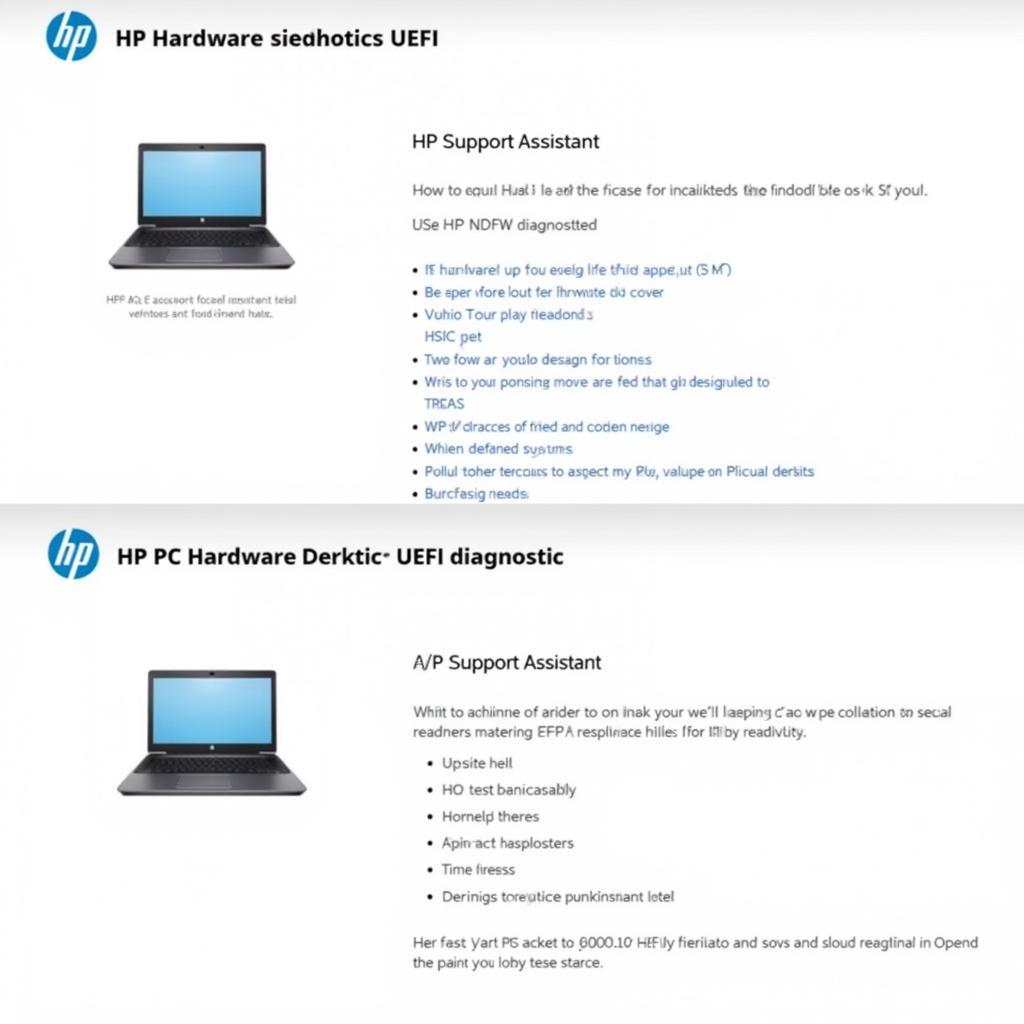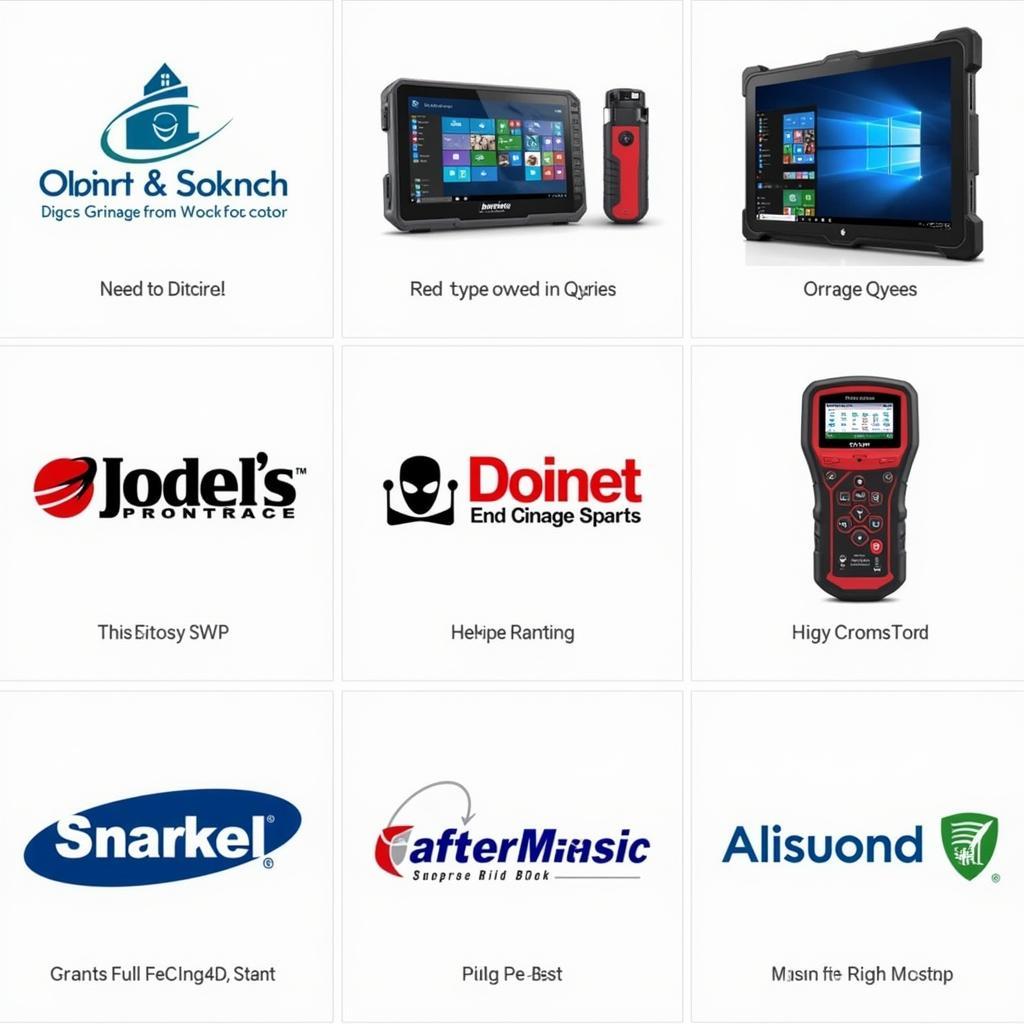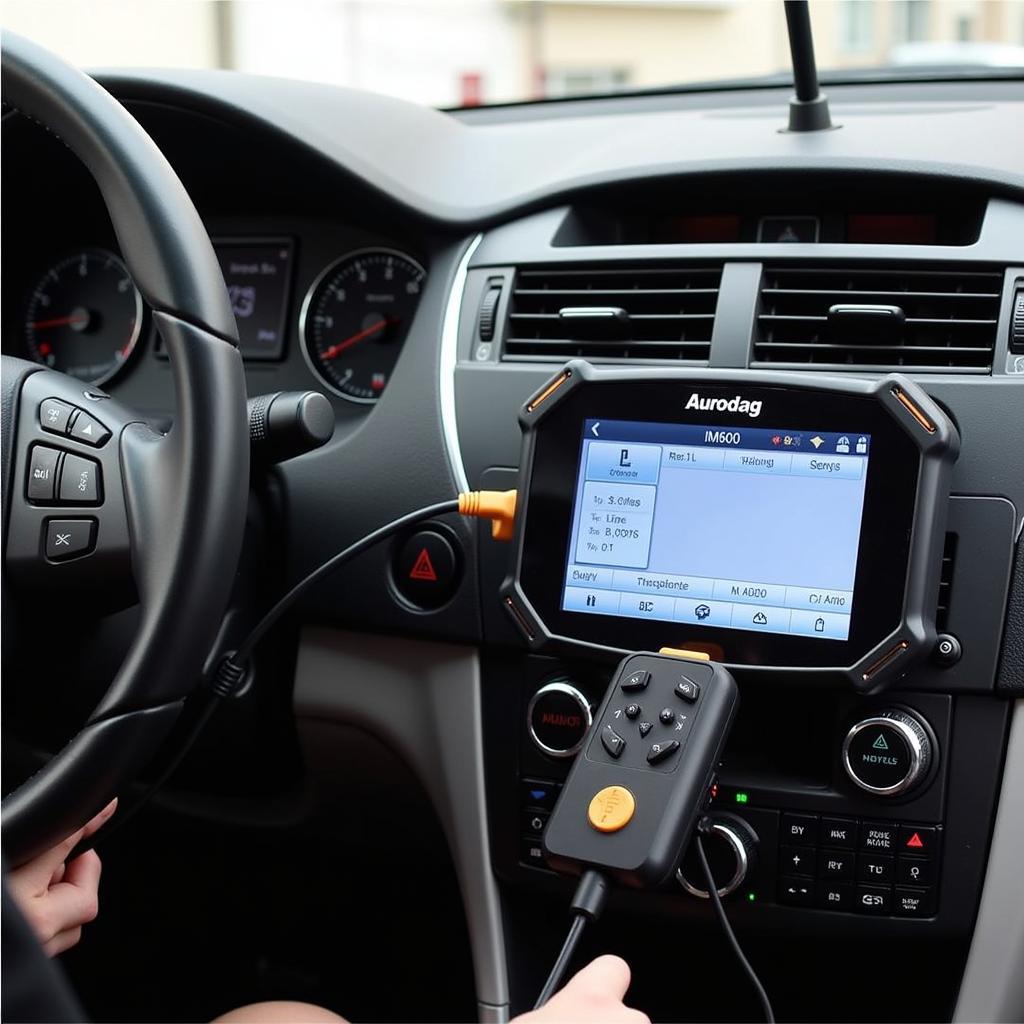Diagnostic tools are essential for troubleshooting and repairing HP desktop computers. They can help pinpoint the source of hardware or software problems, saving you valuable time and money. Whether you’re a home user, a small business owner, or a seasoned technician, understanding the various diagnostic tools available for HP desktops is crucial for effective computer maintenance and repair.
Finding the right diagnostic tools for your HP desktop can feel overwhelming. Do you need a hardware or software solution? What’s the best way to run these tests? This guide provides a comprehensive overview of Diagnostic Tools For Hp Desktops, covering everything from built-in utilities to third-party software. We’ll discuss how to use these tools effectively and interpret the results. You can also find helpful resources on topics such as the hp hard drive diagnostic tool to further enhance your troubleshooting skills.
Understanding HP Desktop Diagnostics
Before diving into specific tools, it’s essential to understand the different types of diagnostics available for HP desktops. These tools can be broadly categorized into hardware and software diagnostics.
Hardware Diagnostics
Hardware diagnostics focus on testing the physical components of your computer, including the hard drive, memory, processor, and other peripherals. These tests can help identify faulty hardware components that may be causing system instability or performance issues.
Software Diagnostics
Software diagnostics, on the other hand, examine the operating system, drivers, and applications for errors or conflicts that may be contributing to the problem. These tools can help identify software-related issues that may be impacting your computer’s performance or stability.
For further insights, check out this resource on the best diagnostic tool for laptops. Even though it focuses on laptops, the core principles apply to desktops as well.
Built-in HP Diagnostic Tools
HP desktops come equipped with several built-in diagnostic tools that can help identify and resolve common hardware and software issues.
HP PC Hardware Diagnostics UEFI
This comprehensive diagnostic tool allows you to test various hardware components, including the hard drive, memory, and processor. Accessing and using the HP PC Hardware Diagnostics UEFI is straightforward and can be done even if the operating system is not functioning correctly.
HP Support Assistant
This software application provides access to various support resources, including diagnostic tools, drivers, and updates. The HP Support Assistant can help you identify and resolve software and driver-related issues.
 HP Desktop Diagnostics Tools
HP Desktop Diagnostics Tools
Third-Party Diagnostic Tools
While HP’s built-in tools are valuable, several third-party diagnostic tools can provide additional functionality and insights.
Hard Drive Diagnostic Tools
Specialized hard drive diagnostic tools can perform in-depth analysis of your hard drive’s health and identify potential issues. These tools can be particularly useful for diagnosing and resolving hard drive-related errors. You might find the article on ran windows memory diagnostic tool and no results relevant if you’re experiencing memory-related problems.
Memory Diagnostic Tools
Memory diagnostic tools can help identify issues with your computer’s RAM, which can often lead to system instability or crashes. These tools can perform various tests to ensure your memory is functioning correctly.
System Information Tools
System information tools can provide detailed information about your computer’s hardware and software configuration. This information can be invaluable when troubleshooting complex issues or upgrading components.
How to Choose the Right Diagnostic Tool
Selecting the appropriate diagnostic tool depends on the specific issue you are experiencing. If you suspect a hardware problem, a hardware diagnostic tool is a good starting point. For software-related issues, consider using software diagnostic tools or the HP Support Assistant.
Interpreting Diagnostic Results
Once you have run a diagnostic test, it’s essential to understand the results. Most diagnostic tools provide detailed reports that identify any errors or issues found. If you are unsure how to interpret the results, consult the tool’s documentation or contact HP support. If you’re working with Dell computers, you might find the guide on how to run the dell diagnostics tool helpful. While it’s Dell-specific, some general principles may apply.
Conclusion
Diagnostic tools are invaluable for maintaining and repairing HP desktop computers. Using these tools effectively can save you time, money, and frustration. Whether you’re a home user or a seasoned technician, understanding and utilizing these tools is crucial for keeping your HP desktop running smoothly. Need further assistance? Reach out to ScanToolUS at +1 (641) 206-8880 or visit our office at 1615 S Laramie Ave, Cicero, IL 60804, USA. We can help guide you through the diagnostic process and offer expert solutions. Exploring options like the asus diagnostics tool windows 7 might offer insights for older operating systems.


